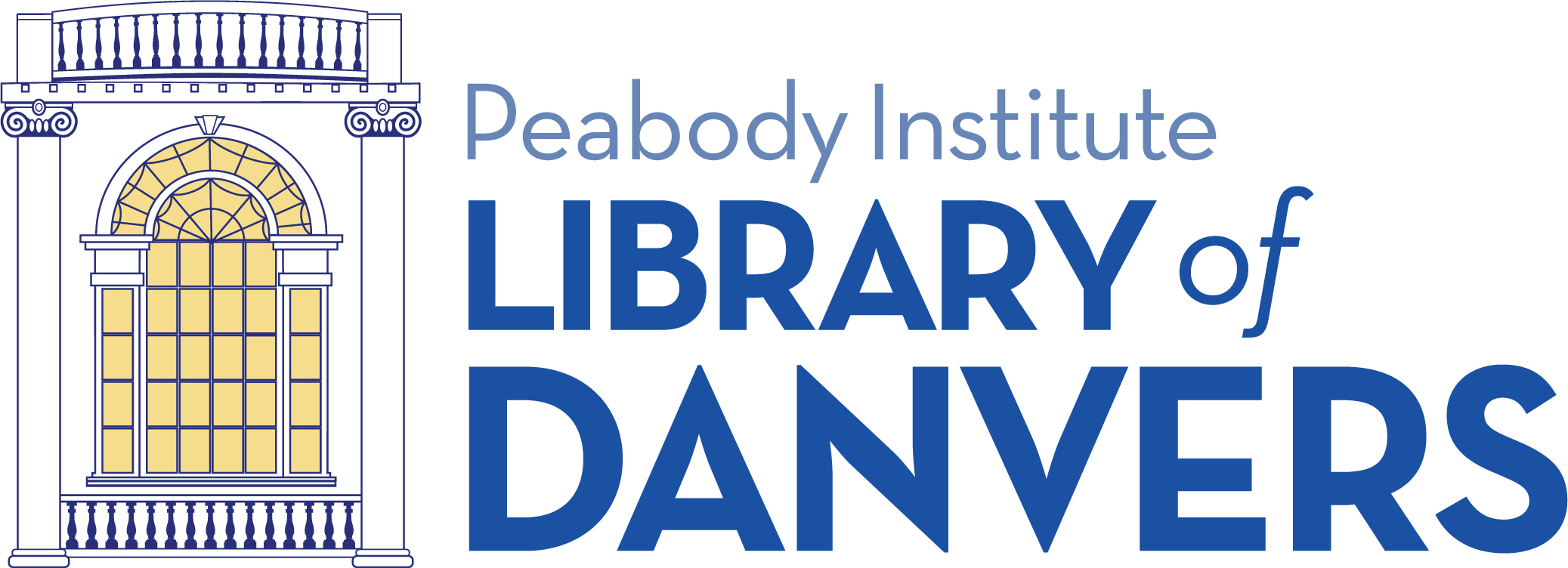
Books have a way of finding me. I don’t really ever have a moment when I don’t know what to read. I have moments when I can’t decided between the plethora of options I have to read. The Roads to Sata is a good example of books finding me. A few weeks ago I came up to the Reference Desk before we opened to do set up. This is something I do three or four times a week for the past 7 years. This morning however, The Roads to Sata was setting on the desk. I don’t know why it was there. Left by a patron? Used by a staff member to answer a question? I don’t know but it was just the book I was looking for.
It’s the story of a walk taken by Alan Booth in 1977 when he walked from the northern most point of the Japan, Cape Soya in Hokkaido to Cape Sata at the southern most point on Kyushu. As the title suggests it was a 2000 mile journey on foot that took 128 days to complete. The books is very much a slice of life as Booth walks through the countryside meeting Japanese both rural and urban. From a random truck driver swerving off the road to give him a pickled plum to a wide variety of rural inns of varying qualities.
It’s also a blast from the past. References to Japan as a front line in the US’s cold war with the USSR are everywhere. The presence of the Japanese Defense Force in the northern parts of his walk in place to ward off an invasion from Russia. Multitudes of US servicemen and their families in the urban areas but almost totally absents from rural ones. Its also very much a time when Japanese culture was not as ubiquitous as it is today. He spends a whole paragraph explaining what Karaoke is as if we wouldn’t know and in the early 80s we probably wouldn’t have. Although I did learn that the word Karaoke means empty orchestra.
One of the things I really liked about this book was its mixture of interest in what is going on around him and the hardship he experiences on his walk. All to often in travelogues of this type, the writer spends more time talking about his or her soar feet or how much it rained and not enough time on what was seen along the way. What made Booth such a great writer was his eye for the details around him.


